Insights
News about faculty and their research
On this page:
New faculty bring rich experience to classrooms
The School of Management recently welcomed five new faculty members to our academic ranks
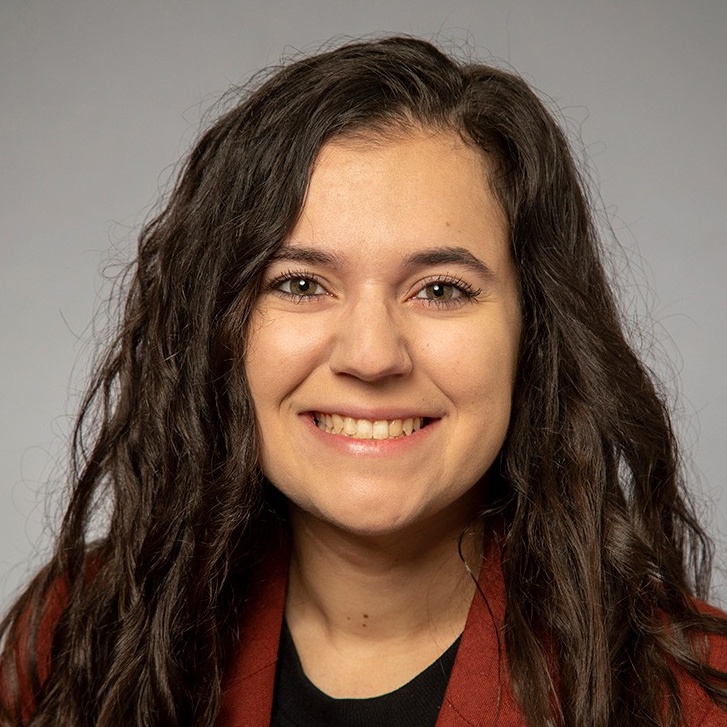
Brittany Bartula, clinical assistant professor of accounting and law, brings several years of real-world experience to the classroom with a background in both corporate and public accounting. Bartula earned her MS and BS in accounting from the School of Management. She is teaching Introduction to Financial Accounting; Advanced Auditing; Research in Accounting and Auditing Standards; and Financial Reporting and Analysis. When not working, Bartula enjoys photography and spending time with her 1-year-old daughter.
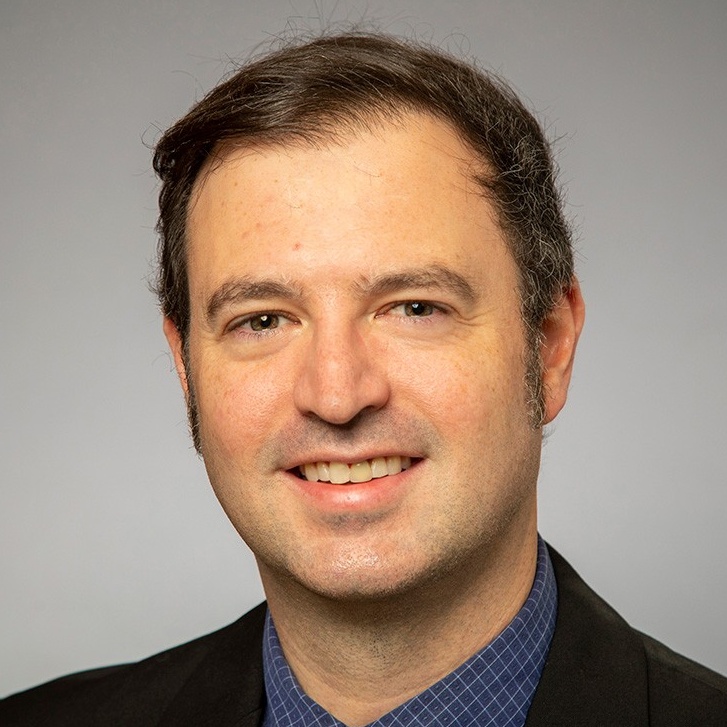
Kevin Cleary, clinical assistant professor of management science and systems, teaches Information Assurance Technology and Innovation Management; Cybersecurity Seminar; Cloud Security; and Computer Literacy. His lectures are enriched by more than 20 years of experience in information security, enterprise infrastructure and IT management in higher education and the private sector — from small startups to large publicly traded companies. He has an MBA from the School of Management and a BS in computer engineering, also from UB. Cleary likes to spend his free time on home renovation projects and outdoor activities.
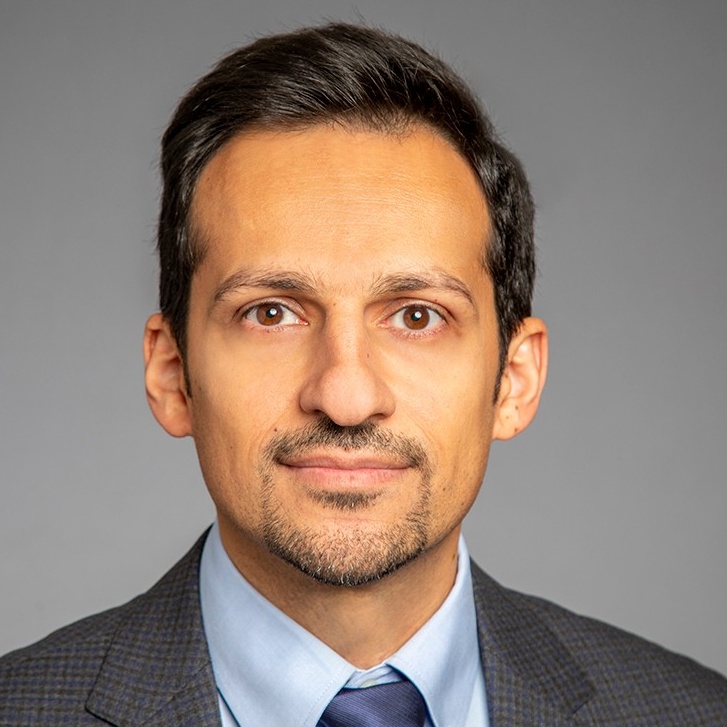
Arman Falahati, clinical assistant professor of management science and systems, has a PhD from McGill University in Montreal, Canada, and an MBA from Wayne State University in Detroit. His research interests include the intersection of cybersecurity and IT governance, with a focus on post-breach recovery and ISP compliance; as well as digital transformation and IT change in organizations. He is teaching Cybersecurity, Privacy and Ethics; Digital Forensics; and Database Management Systems. Falahati enjoys family, books, sports and composing music.
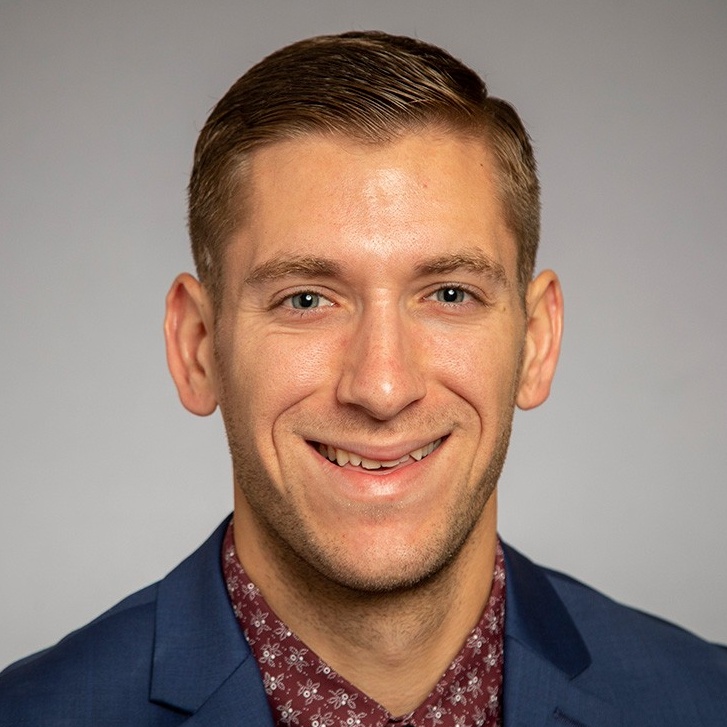
Kyle Hunt, clinical assistant professor of management science and systems, is teaching Predictive Analytics. He has a PhD, an MS and BS in industrial engineering, all from UB. Hunt uses research methodologies in operations research, game theory, machine learning and decision analysis. His research is focused on homeland security and defense; emergency management; fake news and misinformation; and production manufacturing. For leisure, Hunt likes relaxing with his family and seeing new parts of the country and world.
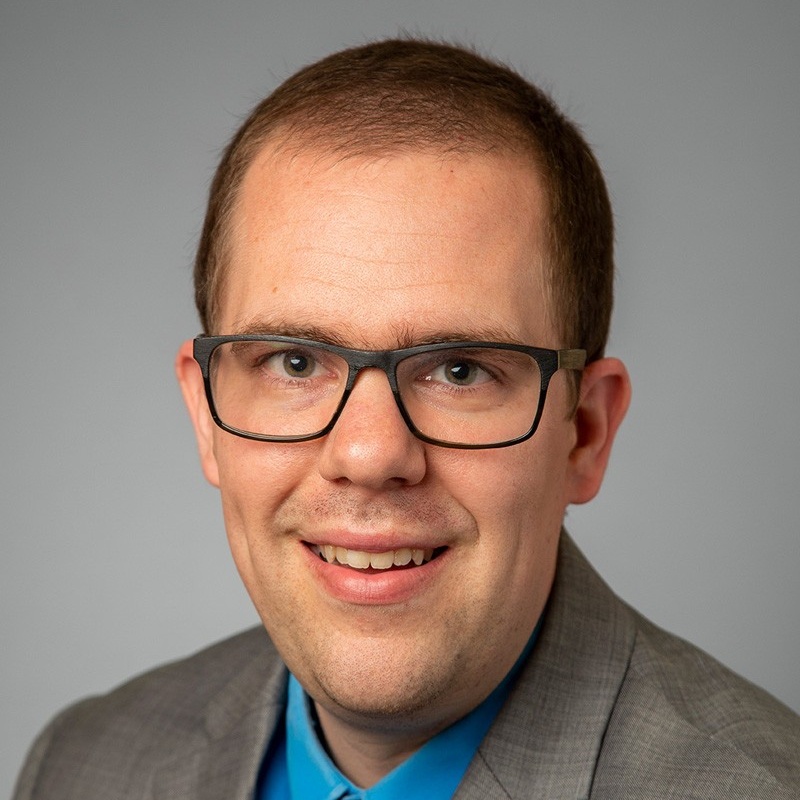
Michael Krupski, clinical assistant professor of operations management and strategy, applies his 10-plus years of industry experience in digital marketing and strategy development to his role in the classroom. With both an MBA and a BS from the School of Management, Krupski teaches Fundamentals of Strategic Management; Digital Marketing; Advertising and Promotions; Principles of Marketing; and Corporate Social Responsibility Seminar. Krupski is a fan of the outdoors — camping and boating in summer, skiing and snowboarding in winter. He also serves the community he grew up in as a volunteer firefighter and advanced EMT.
Video series features groundbreaking research
Over eight weeks last fall, the School of Management rolled out videos highlighting the high impact research and expertise of our faculty. Each video was approximately two minutes long, giving viewers a bite-sized overview of a wide range of business topics. Now, alumni and friends can watch the videos as well. Enjoy!

A return to the office could be bad for computer security
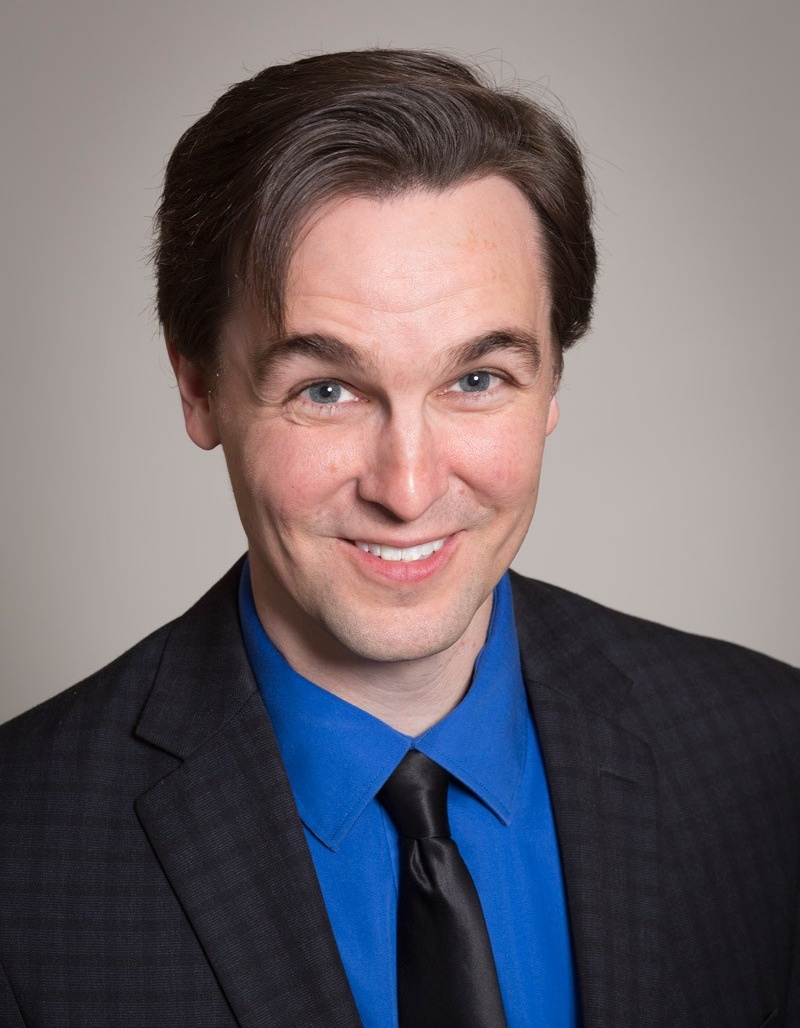
Lemoine
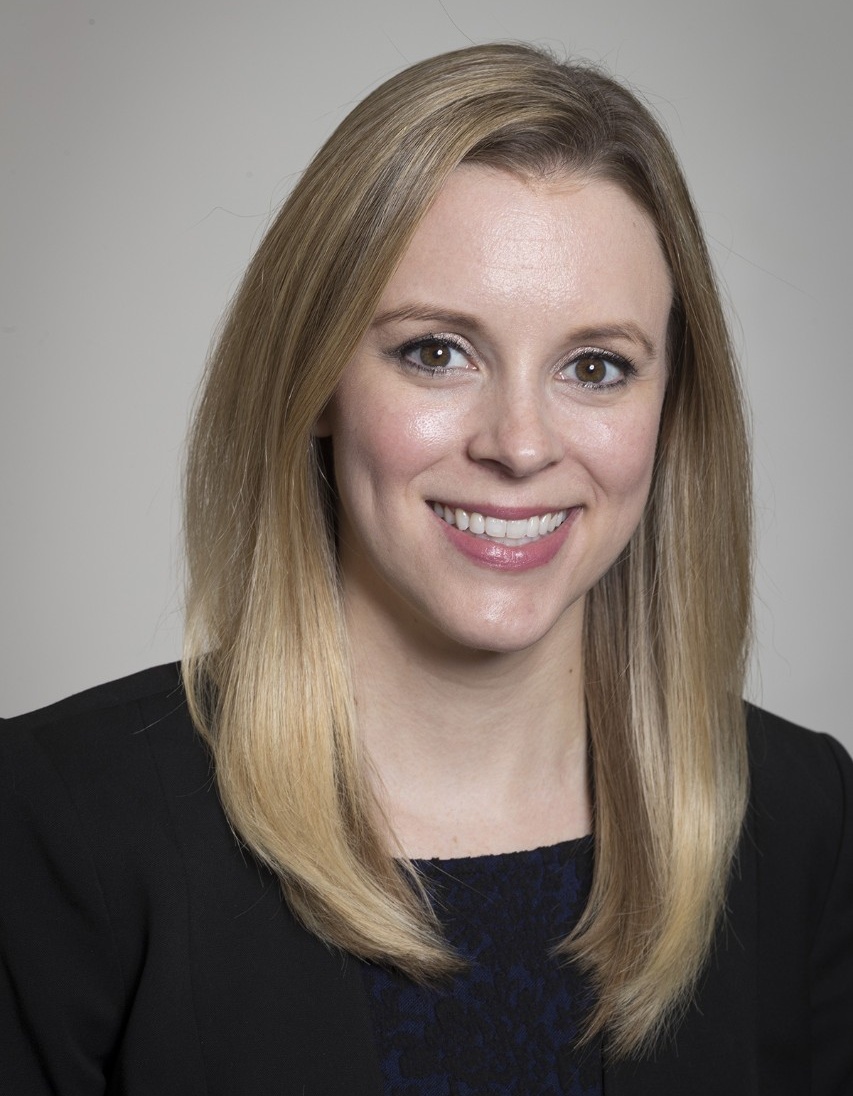
Grijalva
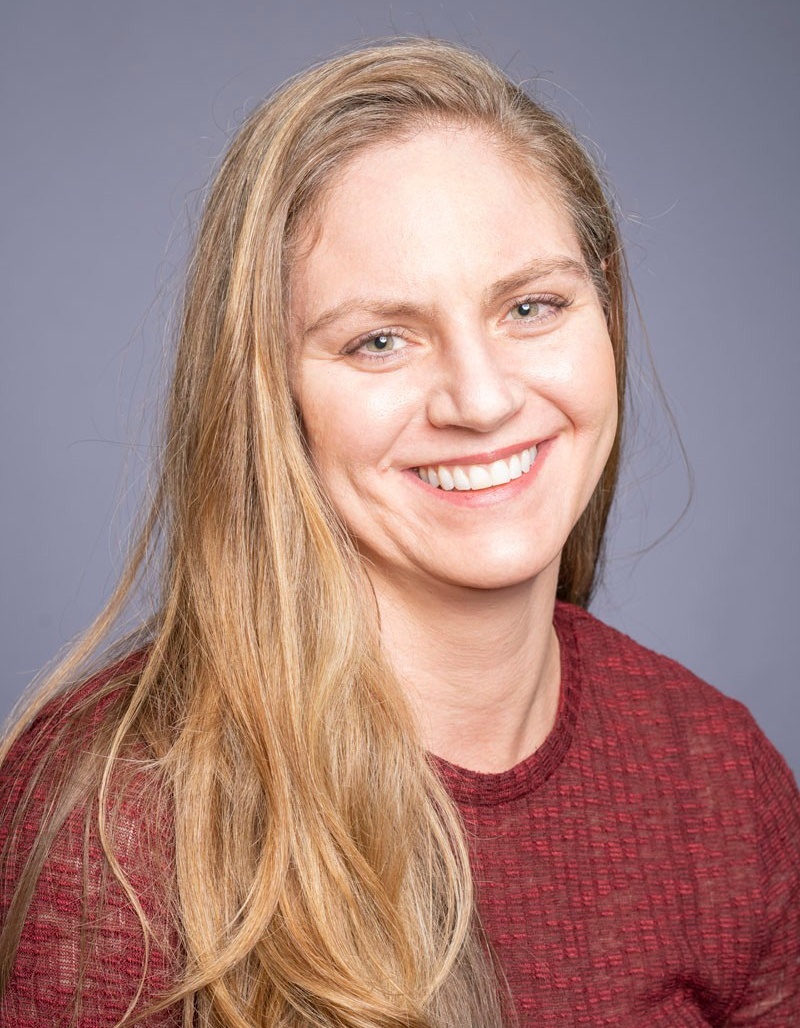
Amo
When employees feel they deserve superior technology compared to other employees — and they don’t receive unrestricted access to it — they pose a security risk to their companies, according to new School of Management research.
Published in MIS Quarterly, the study explores technological entitlement, a feeling some employees have that they are more deserving of high-tech resources, uses and privileges than their co-workers.
“When these exaggerated expectations of special status go unmet, entitled employees lash out in aggressive acts of misuse or abuse,” says lead author Laura Amo, assistant professor of management science and systems. “They have fewer qualms about breaking the rules because they consider themselves ‘above’ organizational restrictions on technology.”
The researchers conducted three studies with independent samples totaling nearly 700 workers. In the first study, they measured past computer abuse behavior and perceptions of restrictions on technology use. In the second and third studies, they modeled computer abuse intent by investigating restrictions on remote access and on personal- and company-owned technology at work.
Their findings show that technologically entitled employees pose a direct threat to the information security of organizations.
“If an average-sized company experienced a 10% increase in technologically entitled employees, it’d have to spend an extra $90,000 each year to mitigate that risk,” says James Lemoine, associate professor of organization and human resources. “Proactive measures — such as user behavior analytics and employee training and awareness — can provide significant savings by reducing cyber risk.”
The researchers recommend involving technologically entitled employees in the process of creating technology policies to encourage buy-in. Their findings also have implications for employees returning to the office — or being heavily monitored while working remotely — following the pandemic.
“Businesses should carefully consider employee perceptions when deciding how to move forward with disabling or downgrading remote work options and implementing restrictions on remote workers,” says Emily Grijalva, associate professor of organization and human resources. “Organizations that work toward establishing fair policies will better mitigate security risks.”
Amo, Grijalva and Lemoine collaborated on the study with Tejaswini Herath, PhD ’08, of Brock University Goodman School of Business, and H. Raghav Rao of the University of Texas at San Antonio Carlos Alvarez College of Business.
Kudos
Congratulations to the following School of Management faculty on their recent accomplishments:
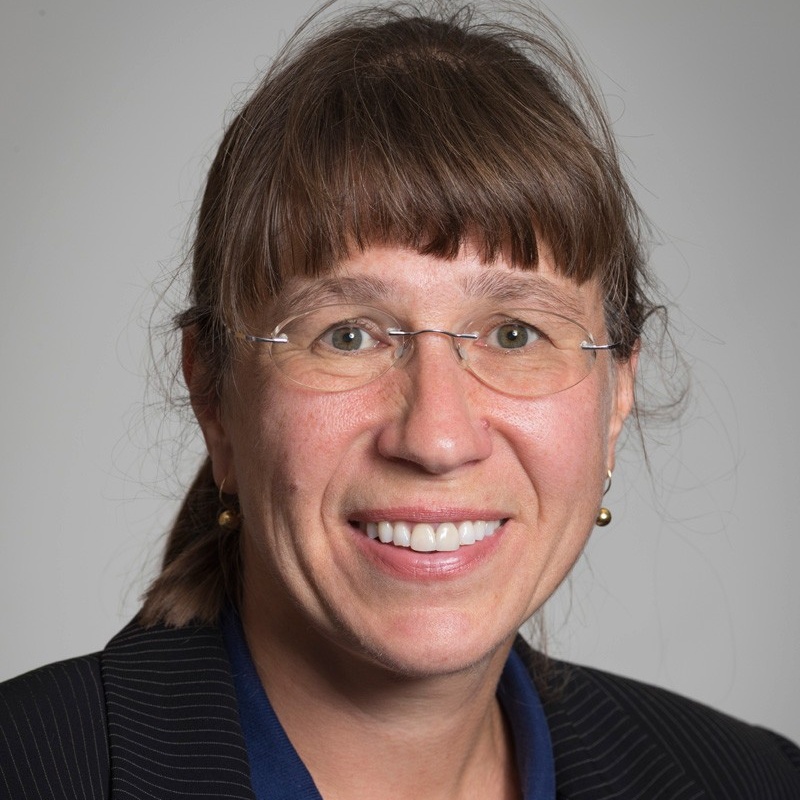
Kate Bezrukova, associate professor and chair of organization and human resources, received a grant from Negotiation and Team Resources to lead research that will analyze the importance of gender in interactions between humans and artificial intelligence.
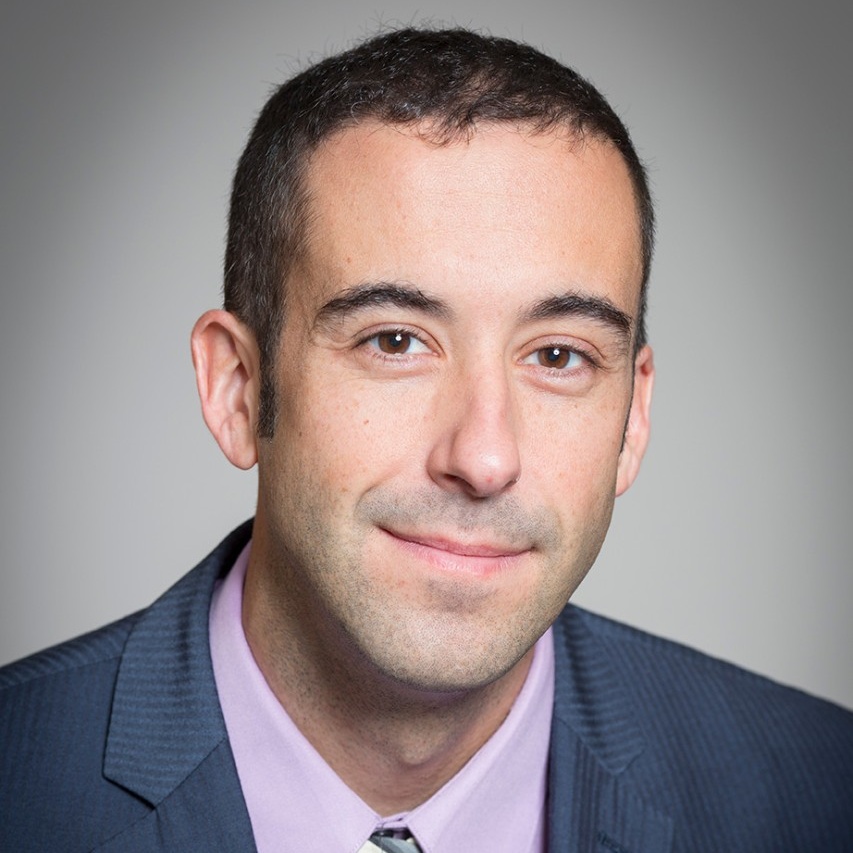
Michael Dambra was named the inaugural Kenneth W. Colwell Chair of Accounting and Law.
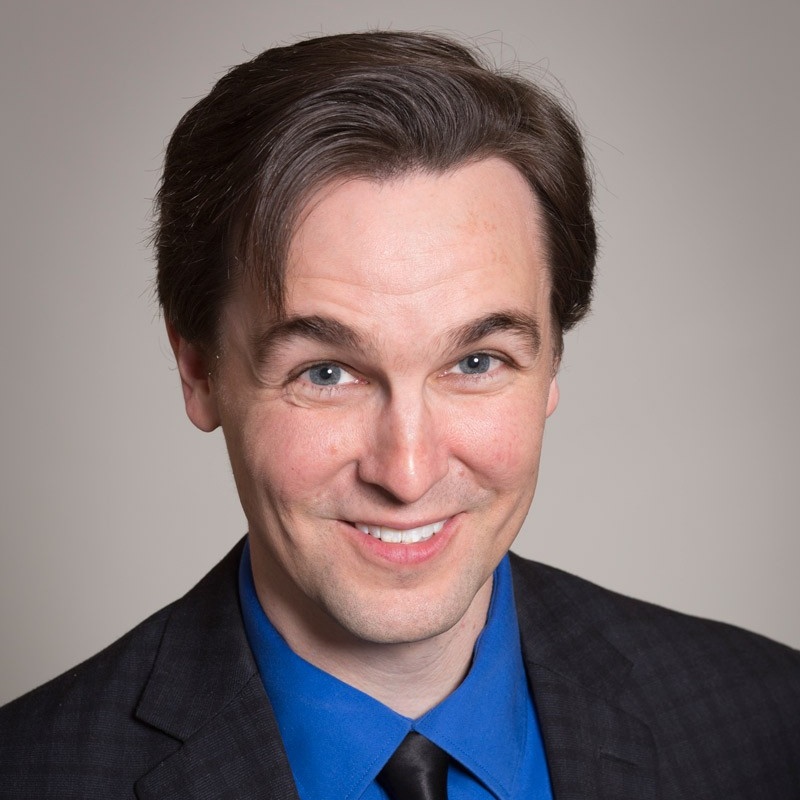
James Lemoine, associate professor of organization and human resources, received the 2022 Faculty Award for Alumni Engagement from the School of Management Alumni Association.

A controversial SEC rule did little to rein in excessive CEO pay
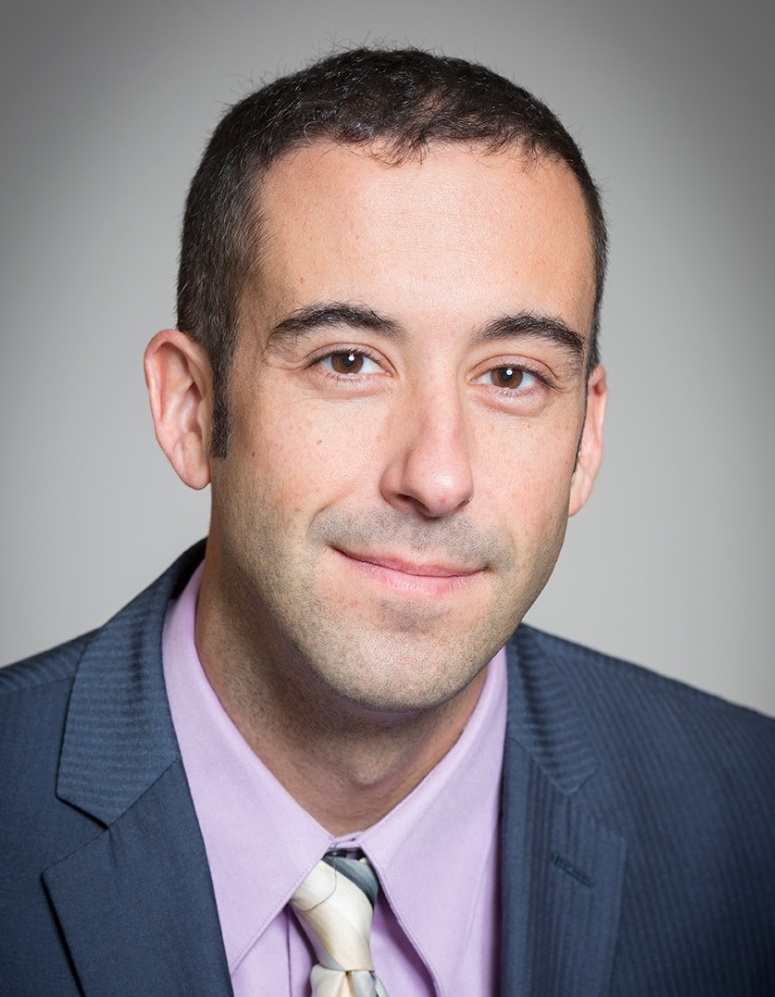
Dambra
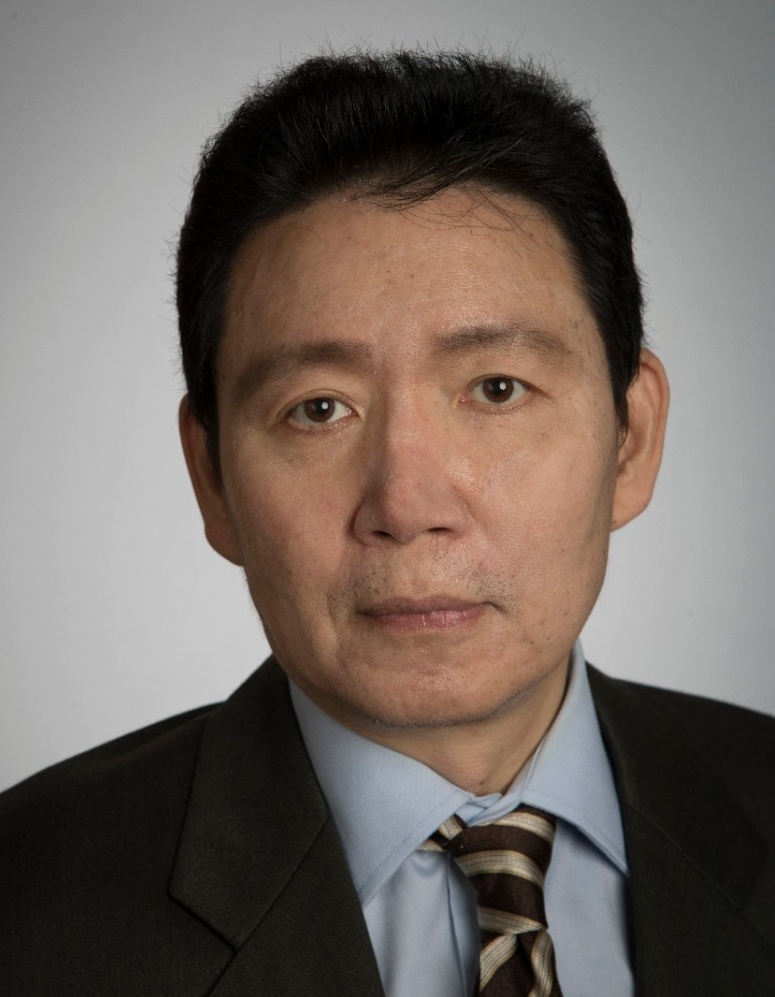
Suk
Publicly traded companies are required to disclose the ratio of their CEO compensation to the median pay of their employees — a rule the U.S. Securities and Exchange Commission (SEC) adopted in 2018 after backlash over excessive CEO pay.
But new research shows the average CEO’s total earnings did not change as a result. In fact, the study found that companies merely adjusted their CEO compensation mix to limit components — like stock awards and non-cash perks — that could generate negative headlines.
Published in the Journal of Accounting Research, the study is among the first to examine the consequences of the controversial disclosure mandate.
“Critics questioned the effectiveness or appropriateness of this measure, while proponents argued that it could help inform shareholder decisions and reduce income inequality,” says Inho Suk, associate professor of accounting and law.
The researchers looked at compensation data from more than 2,600 companies on the Russell 3000 Index. In addition, they reviewed media coverage and shareholder reaction around firms’ initial ratio disclosure after the rule went into effect for fiscal years ending on or after Dec. 31, 2017.
“Our results clearly show that reporting this ratio did not motivate boards to proactively lower CEOs’ total pay or tie compensation more closely to company performance,” says Michael Dambra, associate professor and Kenneth W. Colwell Chair of Accounting and Law. “Instead, many boards moved to reduce the sensitivity of the CEO’s wealth to equity price changes — particularly at companies that expected more external scrutiny.”
When firms had high pay disparities that were not explained by company performance, the study showed shareholders voiced their displeasure by selling shares or casting negative votes on the CEO compensation package, called “say-on-pay votes.”
“Our study should inform policymakers that regulations intended to ‘name and shame’ wealthy executives can lead to unintended consequences,” Dambra says. “In our opinion, this disclosure mandate did not benefit shareholders.”
Wonjae Chang, PhD ’22, from City University of Hong Kong and Bryce Schonberger from University of Colorado Boulder co-authored the study.
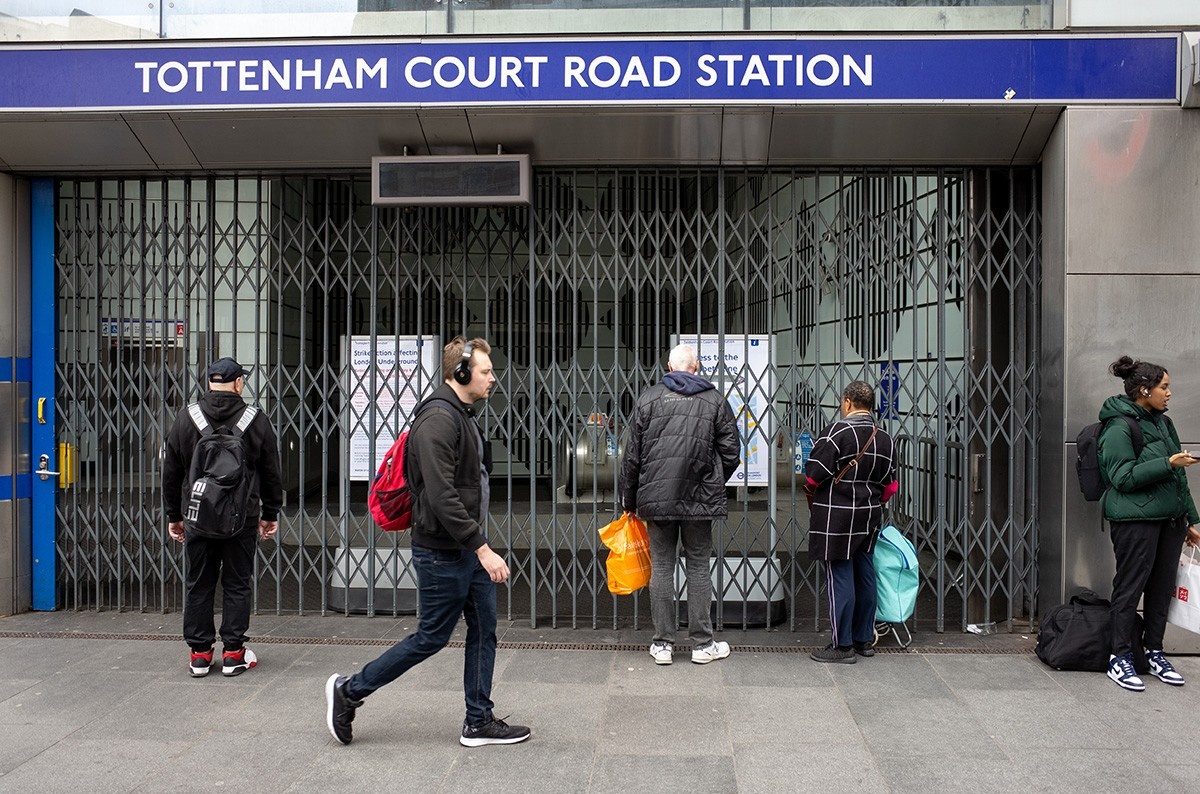
What past crises can teach us about the future of work
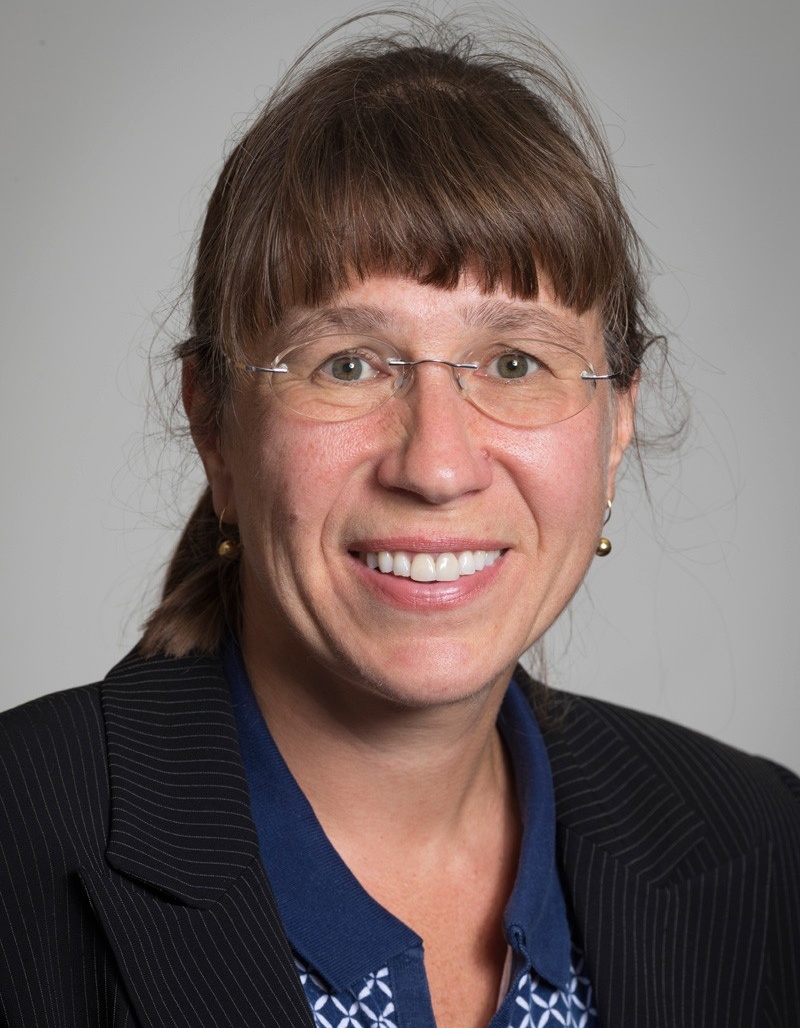
Bezrukova
By analyzing how leaders have reacted to past crises, a new School of Management study reveals what the workplace of the future might look like.
Published in the Journal of Management History, the research suggests that several changes will come to the workplace in the wake of COVID-19, including an accelerated adoption of virtual technologies, altered health behaviors and increased autonomy between employees and managers.
“Crises can result in permanent changes in our social and work lives, in ways we never could have realized before,” says the study's co-author Kate Bezrukova, associate professor of organization and human resources. “By understanding previous crises, managers and organizations can adapt when faced with similar catastrophes.”
From the nine crises they studied, here are a few examples of the unexpected — and sometimes beneficial — outcomes:
- London Subway Strike (2014) – This two-day disruption for travelers resulted in commuters finding more efficient ways to get to work that persist to this day.
- Flu Pandemic (1918) – There were many parallels between 1918 and the COVID-19 pandemic, and school closing was controversial then, too. But in New York City, schools stayed open, and the city’s health commissioner attributed New York’s relative success with the pandemic to that decision. Leaders rationalized that schools were cleaner, more spacious and more likely to be regularly inspected than the tiny homes many children lived in at the time.
- Black Death (1346) – Even events with as much mass suffering as the bubonic plague can have a silver lining for survivors, according to historians. As deaths from the pandemic swept across large areas of Europe, the labor pool shrank drastically, leading to the end of the feudal system and better wages for workers.
The researchers say the outcomes of these crises show how leaders can effect change.
“Leaders should leverage their personal strengths to bring about change, such as how Ukrainian President Volodymyr Zelenskyy has used his broadcasting and performing experience in video appeals for external aid and support in defense against the Russian invasion,” says Bezrukova.
“As we inch toward the other side of this pandemic, we have an opportunity to rethink our broken relationship to work,” she says.“The pandemic was an inflection point, and what happens next is up to us. We’ve found there are benefits to virtual work, wearing masks and improved ventilation, and ‘pandemic epiphanies’ have led to fundamental reassessments of our place in the working world.”